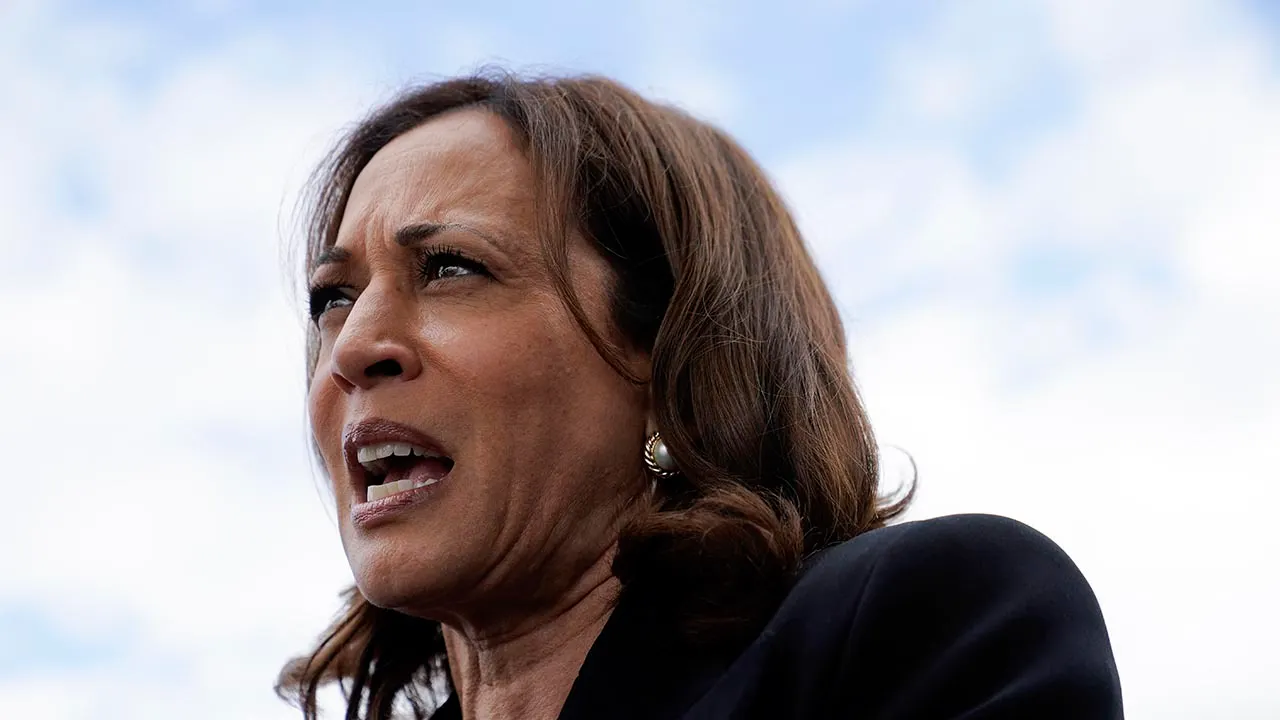November 12, 2024
In the aftermath of Vice President Kamala Harris’s failed 2024 presidential campaign, public scrutiny is focusing on her campaign’s staggering $1 billion expenditure over just three months. According to Federal Election Commission (FEC) filings, campaign funds were spent on everything from celebrity endorsements to private jet travel, drawing widespread criticism from both the public and political opponents.
Among the most controversial expenditures were two $500,000 payments made to Oprah Winfrey’s production company, Harpo Productions, as reported by The Washington Examiner. The payments, made shortly after Winfrey joined Harris at a town hall event and later appeared with her at a Philadelphia rally, sparked online backlash. Conservative figures alleged that Harris was attempting to buy high-profile endorsements, a move that critics say ultimately did not influence the election outcome.
“It’s unconscionable,” GOP Rep. Greg Murphy posted on X (formerly Twitter), with other critics claiming the funds could have been better utilized elsewhere. Winfrey, however, pushed back against the criticism, telling TMZ that she was not personally compensated and that the payments covered production costs only.
Celebrity support played a significant role in Harris’s campaign strategy, which reportedly spent close to $4 million with Village Marketing Agency, a firm specializing in connecting brands with social media influencers. High-profile celebrities, including Beyoncé, Jennifer Lopez, and Bruce Springsteen, appeared at campaign events, which themselves cost millions in production expenses.
According to The Washington Examiner, the Harris campaign spent more than $12 million on digital media consultants and invested six figures in a custom set for Harris’s appearance on the popular podcast “Call Her Daddy.” Additionally, the campaign allocated at least $15 million for event production, often aligning with concerts or rallies featuring celebrity performers.
Harris campaign surrogate and Democratic National Committee (DNC) member Lindy Li described the financial management of the campaign as “an epic disaster” during an interview with Fox & Friends Weekend.
Beyond celebrity endorsements and media buys, the campaign also made significant donations to progressive groups, including $150,000 to Black Voters Matter Fund and another $150,000 to Black Church PAC. Both groups have been vocal in their support of causes like police reform and reparations, but some Harris critics view these contributions as controversial, particularly among conservative voters.
The campaign’s private jet expenses also raised eyebrows. While advocating for climate change action, the campaign reportedly spent over $4 million on private jet travel, with FEC records showing payments to Advanced Aviation. This choice contradicted Harris’s previous public statements on reducing carbon emissions, fueling further criticism from opponents.
Other notable expenditures included over $56 million in payroll and payroll taxes and more than $100 million paid to consulting firms like Gambit Strategies LLC and Bully Pulpit Interactive LLC.
The campaign, despite its record fundraising, reportedly ended with a $20 million debt, with Politico’s Christopher Cadelago noting that the campaign raised over $1 billion but had $118 million in cash reserves as of mid-October. News of the debt prompted a social media post from President-elect Donald Trump, who suggested covering the debt “for the sake of desperately needed UNITY.”
In a final public appearance after conceding the election, Harris addressed her supporters at Howard University, where she acknowledged the campaign’s challenges but maintained optimism for the future.
Sources:
- Washington Examiner
- Federal Election Commission (FEC) Filings
- Politico



